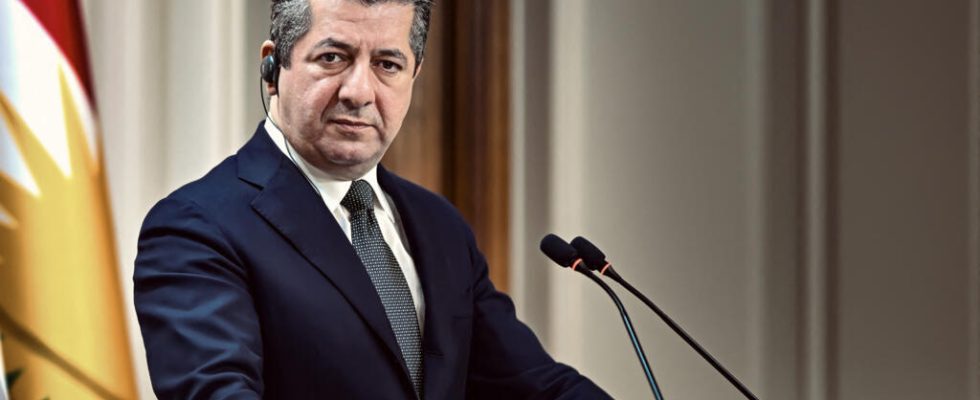This Monday, September 25, the Kurdish leaders of the Kurdistan Democratic Party – including the Prime Minister of Iraqi Kurdistan – celebrated the sixth anniversary of the referendum for the independence of the region. But behind these speeches lies in reality a failure. Six years later, the election has not had the hoped-for impact, quite the contrary.
1 min
With our correspondent in Baghdad, Marie-Charlotte Roupie
THE September 25, 2017, the “yes” won by almost 93%. Iraqi Kurdistan and regions that came under Kurdish control during the war against Daesh have voted to gain independence. But the international community and Baghdad reject the vote. Victory then turns into failure.
Hardy Mede, Doctor in political science, specialist in Iraq and teacher at the Catholic Institute of Paris: “ At that time, as the Kurds lost international support, this allowed Baghdad to recover all the disputed territories. In one fell swoop, the Kurds lost 30% of a territory they consider an integral part of the region. There is also a return of the state after the referendum in the Kurdish region. »
Speeches for independence that are becoming increasingly rare
Step by step, the autonomy of Iraqi Kurdistan has since continued to decline. This year, this was again the case on a major issue: oil. A financial windfall for Kurdistan so far.
“ From now on, the management of oil issues belongs to Baghdad, the regional government has become entirely dependent on the federal state economically, recalls Hardy Mede. Today, for example, without the federal state, the government is not really able to pay the salaries of its civil servants. »
At the same time, divisions between rival Kurdish factions continue. In Iraqi Kurdistan, speeches for independence are rare today.
Read alsoIraqi Kurdish civil servants face unpaid salaries for several months
